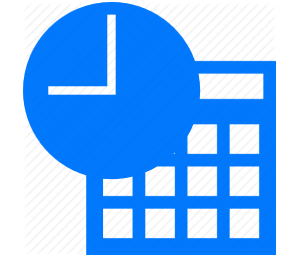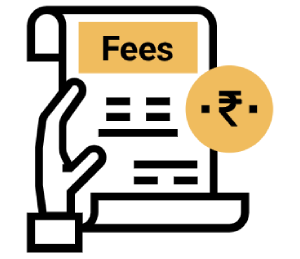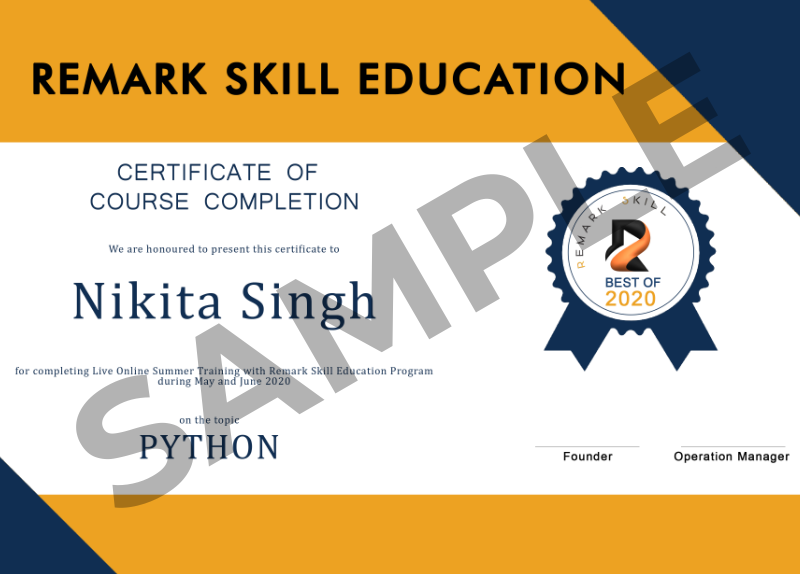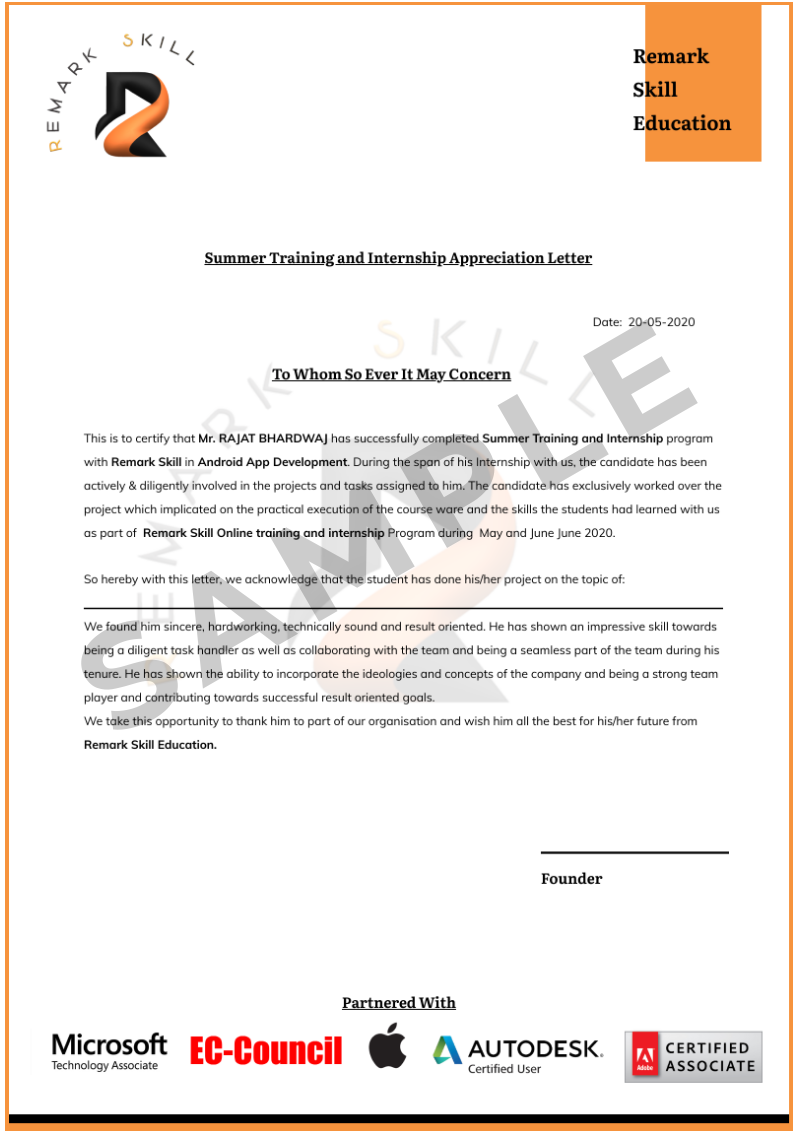Introducing: [AZ-900]: Microsoft Azure Fundamentals
Concepts to master Microsoft Azure Fundamentals (AZ-900):
Cloud Concepts
Azure pricing
Core Azure Services
Security & Privacy
Compliance & Trust
Service Level Agreements & Lifecycles
Course Breakdown
- Describe the benefits and considerations of using cloud services
- Describe the differences between Infrastructure-as-a-Service (IaaS), Platform-as-a-Service (PaaS) and Software-as-a-Service (SaaS)
- Describe the differences between Public, Private and Hybrid cloud models
- Describe the core Azure architectural components
- Describe some of the core products available in Azure
- Describe some of the solutions available on Azure
- Describe Azure management tools
- Describe securing network connectivity in Azure
- Describe core Azure Identity services
- Describe security tools and features of Azure
- Describe Azure governance methodologies
- Describe monitoring and reporting options in Azure
- Describe privacy, compliance and data protection standards in Azure
- Describe Azure subscriptions
- Describe planning and management of costs
- Describe Azure Service Level Agreements (SLAs)
- Describe service lifecycle in Azure
Introducing: [AI-900] Microsoft Azure AI Fundamentals Training
Concepts to master Microsoft Azure AI Fundamentals (AI-900):
Common AI Workloads
Principles of Machine Learning
Computer Vision Workloads
Natural Language Processing (NLP)
Conversational AI workloads
Course Breakdown
Identify features of common AI workloads
identify prediction/forecasting workloads
identify features of anomaly detection workloads
identify computer vision workloads
identify natural language processing or knowledge mining workloads
identify conversational AI workloads
Identify guiding principles for responsible AI
describe considerations for fairness in an AI solution
describe considerations for reliability and safety in an AI solution
describe considerations for privacy and security in an AI solution
describe considerations for inclusiveness in an AI solution
describe considerations for transparency in an AI solution
describe considerations for accountability in an AI solution
Identify common machine learning types
identify regression machine learning scenarios
identify classification machine learning scenarios
identify clustering machine learning scenarios
Describe core machine learning concepts
identify features and labels in a dataset for machine learning
describe how training and validation datasets are used in machine learning
describe how machine learning algorithms are used for model training
select and interpret model evaluation metrics for classification and regression
Identify core tasks in creating a machine learning solution
describe common features of data ingestion and preparation
describe common features of feature selection and engineering
describe common features of model training and evaluation
describe common features of model deployment and management
Describe capabilities of no-code machine learning with Azure Machine Learning:
automated Machine Learning UI
azure Machine Learning designer
Identify common types of computer vision solution:
identify features of image classification solutions
identify features of object detection solutions
identify features of semantic segmentation solutions
identify features of optical character recognition solutions
identify features of facial detection, facial recognition, and facial analysis solutions
Identify Azure tools and services for computer vision tasks
identify capabilities of the Computer Vision service
identify capabilities of the Custom Vision service
identify capabilities of the Face service
identify capabilities of the Form Recognizer service
A. Identify features of common NLP Workload Scenarios
identify features and uses for key phrase extraction
identify features and uses for entity recognition
identify features and uses for sentiment analysis
identify features and uses for language modeling
identify features and uses for speech recognition and synthesis
identify features and uses for translation
B. Identify Azure tools and services for NLP workloads
identify capabilities of the Text Analytics service
identify capabilities of the Language Understanding Intelligence Service (LUIS)
identify capabilities of the Speech service
identify capabilities of the Translator Text service
Identify common use cases for conversational AI
identify features and uses for webchat bots
identify features and uses for telephone voice menus
identify features and uses for personal digital assistants
identify common characteristics of conversational AI solutions
Identify Azure services for conversational AI
identify capabilities of the QnA Maker service
identify capabilities of the Bot Framework
Introducing: [DP-900]: Microsoft Azure Data Fundamentals
Concepts to master Microsoft Azure Data Fundamentals (DP-900)
Core Data Concepts
Relational Data on Azure
Non-relational data on Azure
Data using SQL Language
Analytics workload
Course Breakdown
Describe types of core data workloads
- describe batch data
- describe streaming data
- describe the difference between batch and streaming data
- describe the characteristics of relational data
Describe data analytics core concepts
- describe data visualization (e.g., visualization, reporting, business intelligence (BI))
- describe basic chart types such as bar charts and pie charts
- describe analytics techniques (e.g., descriptive, diagnostic, predictive, prescriptive, cognitive)
- describe ELT and ETL processing
- describe the concepts of data processing
Describe relational data workloads
- identify the right data offering for a relational workload
Describe relational Azure data services
- describe and compare PaaS, IaaS, and SaaS solutions
- describe Azure SQL database services including Azure SQL Database, Azure SQL Managed Instance, and SQL Server on Azure Virtual Machine
- describe Azure Synapse Analytics
- describe Azure Database for PostgreSQL, Azure Database for MariaDB, and Azure Database for MySQL
Identify basic management tasks for relational data
- describe provisioning and deployment of relational data services
- describe method for deployment including the Azure portal, Azure Resource Manager templates, Azure PowerShell, and the Azure command-line interface (CLI)
- identify data security components (e.g., firewall, authentication)
- identify basic connectivity issues (e.g., accessing from on-premises, access with Azure VNets, access from Internet, authentication, firewalls)
- identify query tools (e.g., Azure Data Studio, SQL Server Management Studio, sqlcmd utility, etc.)
Describe query techniques for data using SQL language
- compare Data Definition Language (DDL) versus Data Manipulation Language (DML)
- query relational data in Azure SQL Database, Azure Database for PostgreSQL, and Azure Database for MySQL
Describe non-relational data workloads
- describe the characteristics of non-relational data
- describe the types of non-relational and NoSQL data
- recommend the correct data store
- determine when to use non-relational data
Describe non-relational data offerings on Azure
- identify Azure data services for non-relational workloads
- describe Azure Cosmos DB APIs
- describe Azure Table storage
- describe Azure Blob storage
- describe Azure File storage
Identify basic management tasks for non-relational data
- describe provisioning and deployment of non-relational data services
- describe method for deployment including the Azure portal, Azure Resource Manager templates, Azure PowerShell, and the Azure command-line interface (CLI)
- identify data security components (e.g., firewall, authentication)
- identify basic connectivity issues (e.g., accessing from on-premises, access with Azure VNets, access from Internet, authentication, firewalls)
- identify management tools for non-relational data
Describe analytics workloads
- describe transactional workloads
- describe the difference between a transactional and an analytics workload
- describe the difference between batch and real time
- describe data warehousing workloads
- determine when a data warehouse solution is needed
Describe the components of a modern data warehouse
- describe Azure data services for modern data warehousing such as Azure Data Lake, Azure Synapse Analytics, Azure Databricks, and Azure HDInsight
- describe modern data warehousing architecture and workload
Describe data ingestion and processing on Azure
- describe common practices for data loading
- describe the components of Azure Data Factory (e.g., pipeline, activities, etc.)
- describe data processing options (e.g., Azure HDInsight, Azure Databricks, Azure Synapse Analytics, Azure Data Factory)
Describe data visualization in Microsoft Power BI
- describe the role of paginated reporting
- describe the role of interactive reports
- describe the role of dashboards
- describe the workflow in Power BI
Benefits Remark Live Online Training


Live Interactive Classes with Certified Trainers



Time Saver by studying at home


Work on Industry Equipped Course Curriculum
Access to E books


Access Recorded Video Lectures


Get Software Toolkit


Live Projects along with Practical Training


Clear your doubts with a access to dedicated chat group with your trainer and batch mates


Job related guidance related to your course


Fees structure
Live Training + Live project + Microsoft Azure Exam: 6000/-
(For Discount Coupon Contact 7217879230)



Batch Dates & Duration
Batch: 25th Jan 2021 to 21st Feb 2021
2 Hours per day / Mon-Fri


Group Discount Offer
Minimum 5 members required to avail group discount
Take a look at Sample of Certificates


Course Completion Certificate from Remark Skill


Microsoft Certified Azure Data Fundamentals


Microsoft Certified Azure Fundamentals Certificate after clearing Exam


Microsoft Certified Azure AI Fundamentals


Internship Appreciation Letter on Project Completion
Schedule a Call
Commonly Asked Questions
- 85 Minutes,
- Number of Questions: 40-60
- Passing Score Required: 700
No
Point of Contact: 7217879230 for proper guidance & details.





